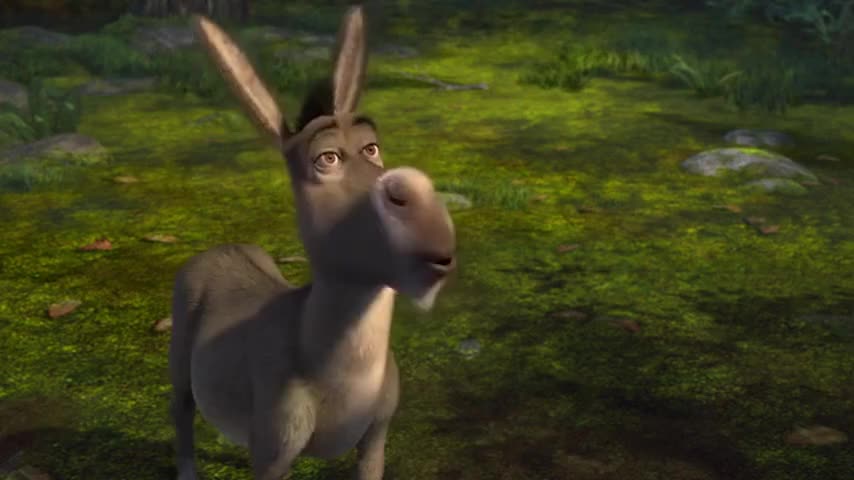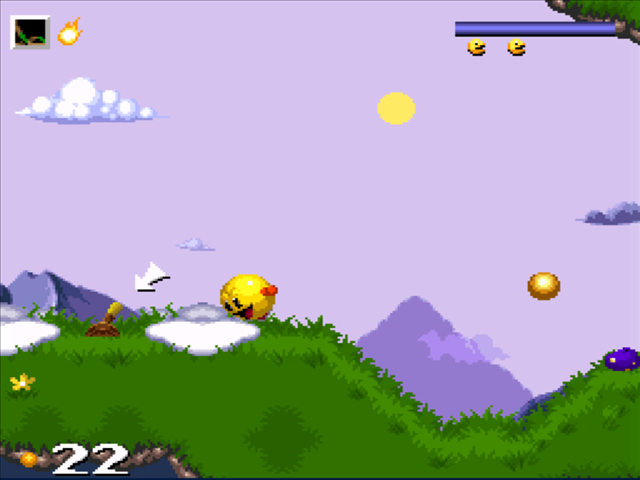


They’ll still try to slip past a fence even if they know that a donkey is on guard duty they just bank on not getting caught as they slink among the sheep. However, it’s probably an exaggeration to say that coyotes actually fear them. It’s true that coyotes aren’t very fond of donkeys. They can be taught to tolerate them, but their instincts will never really go away. If they’re being used as a herd animal to guard a flock of sheep, they’ll take their job very seriously, and this includes stomping on any trespassing coyotes who want to take a nip.ĭonkeys also have a natural dislike of foxes, coyotes, wild dogs, and other members of the canid family. They try to intimidate the other animal into leaving them alone. They don’t run very fast, so this is a form of offensive defense. While other animals will flee from a wolf or snake, donkeys will stare them down in an act of silent defiance. They’ll claim a field or pasture and behave threateningly towards any animals that disturb it.Īnother notable feature of donkeys is their stubbornness in the face of danger. This is especially common in young male donkeys. Their legs are very powerful and used to scare away predators, so you don’t want to get caught behind a donkey that’s feeling threatened.ĭonkeys can also be aggressive about things like territory. While generally sweet-natured, donkeys can have a bit of a kick to them. Are donkeys dangerous? Are they aggressive? They’re a particular problem in Australia: More than five million wild donkeys roam the land, and they are considered such pests that it’s legal to kill them. They tend to ruin local ecosystems by eating all of the grass, spreading weeds with their fur and eroding all of the soil with their hard hooves. They’re generally tougher than domesticated donkeys.Īn interesting thing to know about wild donkeys is that they’re considered an invasive species. They travel in herds in warm desert environments and outbacks, and they can go long periods without food or water. Wild donkeys are focused on survival rather than work or leisure. Wild and feral donkeys can be quite different. However, it should be noted that these sweet and affectionate donkeys are the domesticated kind. They’ll beg for treats and belly rubs, and they’ll engage in fun, playful behavior with their owners. There are also certain breeds of donkeys that act more like pets than working animals. Some donkeys are even used for rescue missions when a hiker or climber goes missing in the mountains.

They’ll haul your cargo all day long without complaint, and they’ll herd your children to safety just like they herd a flock of sheep. Some people call them the dogs of the livestock world!įor starters, they’re great workers. They are in the same branch of the horse family as zebras, and those fossils go back millions and millions of years.ĭonkeys have been recorded in everything from ancient Egyptian artwork to merchant scrolls about people traveling the Silk Road.ĭonkeys are loyal and loving creatures. How long have donkeys been around?ĭonkeys have been braying since prehistoric times. Here are just a few donkey facts that might blow your mind. But how much do you know about these surprisingly deep and intelligent creatures? Do donkeys sleep at night? Do they sleep standing up?įound on every continent except Antarctica, donkeys are some of the most well-bred and well-known animals in the world. What is the record for the smallest donkey in the world? What is the record for the biggest donkey in the world? What is the largest breed of donkey in the world? How big is it? What is the difference between a donkey and a pony? How much weight can a donkey pull and carry? What’s the difference between a donkey, a burro and an ass?


 0 kommentar(er)
0 kommentar(er)
